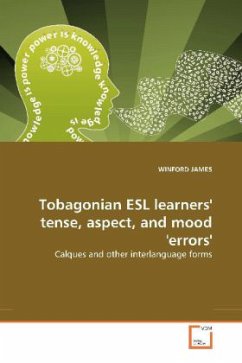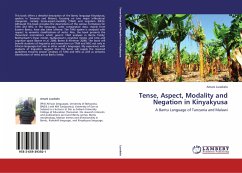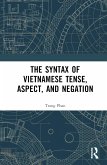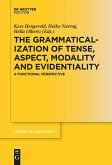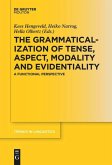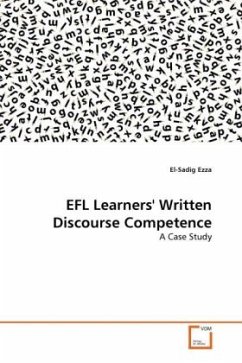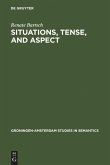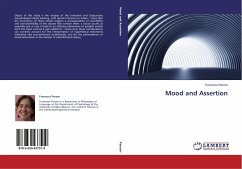Tobagonian ESL learners'' TAM ''errors''. This book is about Tobagonian ESL learners'' tense, aspect and mood ''error'' or interlanguage in their attempts to write Standard English (SE) as a second language. It analyses and explains 11 subtypes of TAM ''error'' in the learners'' written compositions by reference to the use of corresponding forms in both their wider speech community and SE. It analyses the discourse meanings and functions of the subtype forms as used in the learners'' writing and compares these meanings and functions with those of corresponding forms in both Tobagonian speech and SE. The analysis yields two general findings: 1) all the subtype forms were either full or partial calques on Tobagonian speech forms; and 2) four of them were other interlanguage forms with non-SE uses. Insufficient habituation in the SE rules of use underlies both the calques and the other interlingual forms. Teachers of English in the Caribbean, creolists, students of Creolistics, and anyone interested in Caribbean language education will find the analysis quite valuable and enlightening.
Bitte wählen Sie Ihr Anliegen aus.
Rechnungen
Retourenschein anfordern
Bestellstatus
Storno

